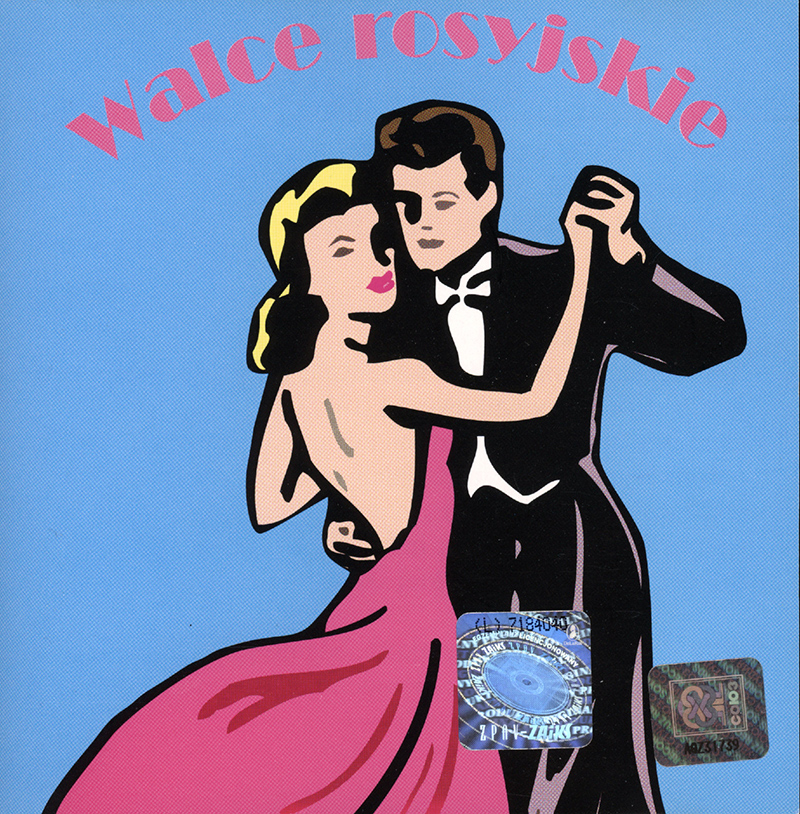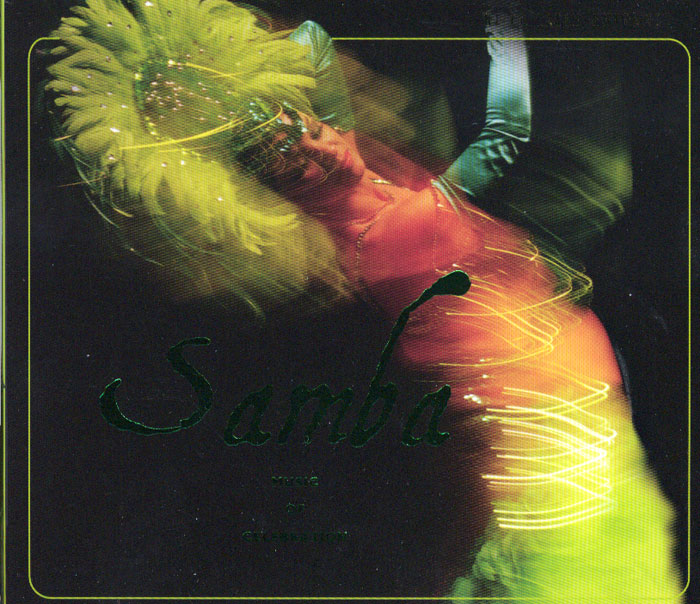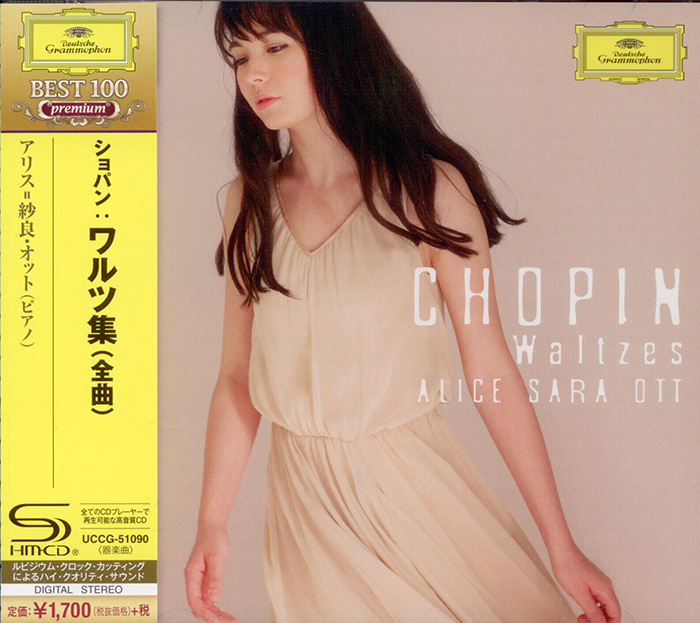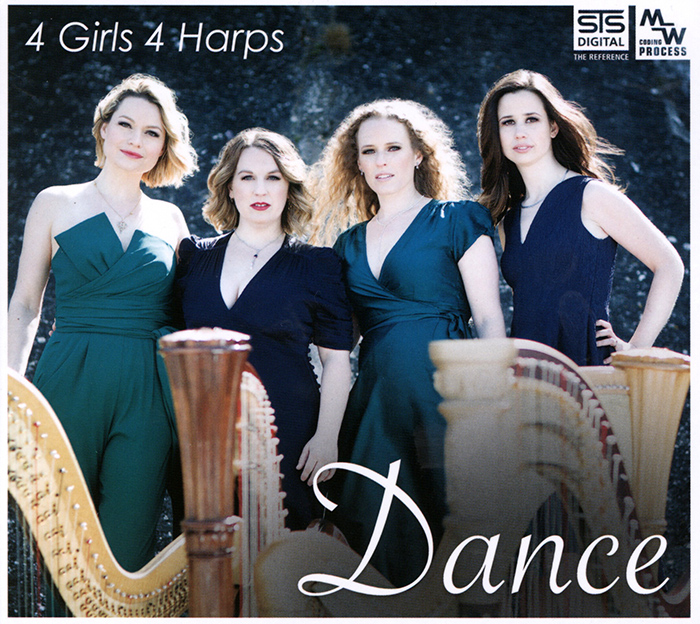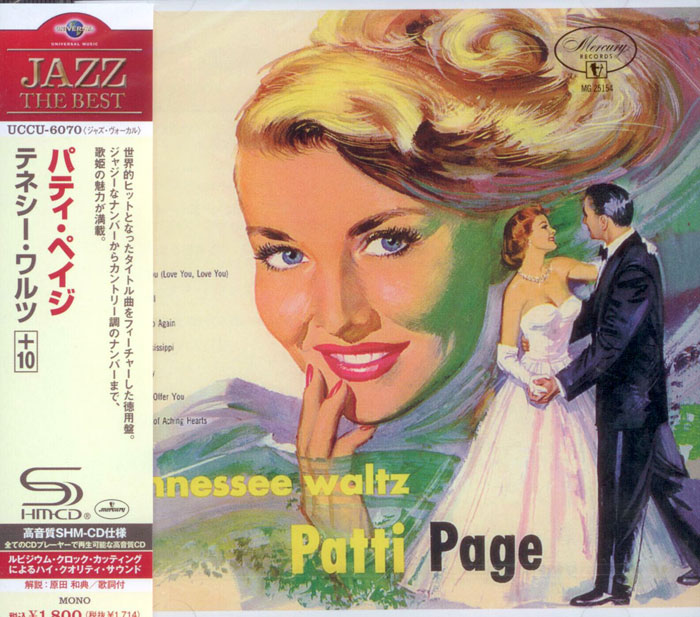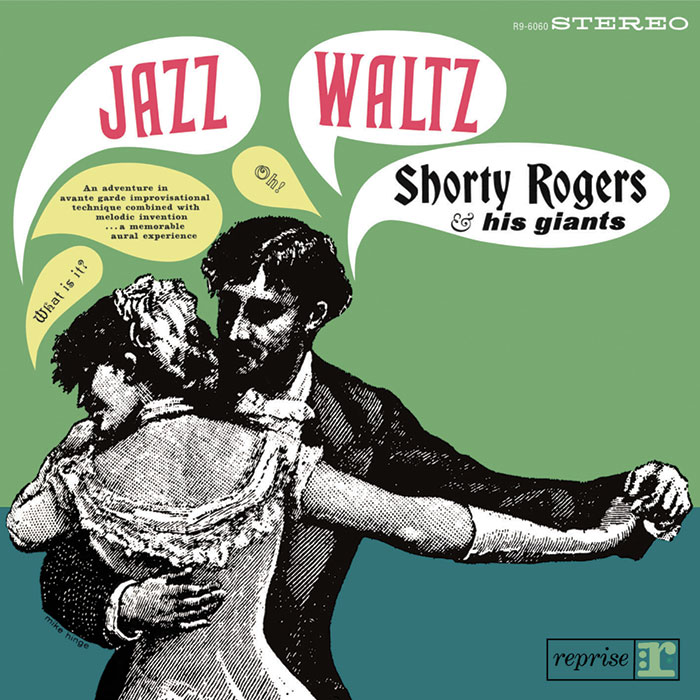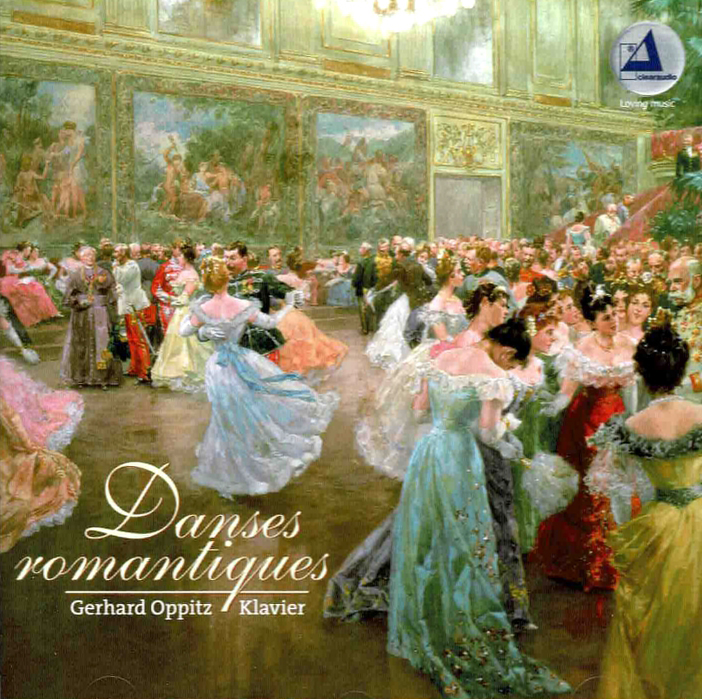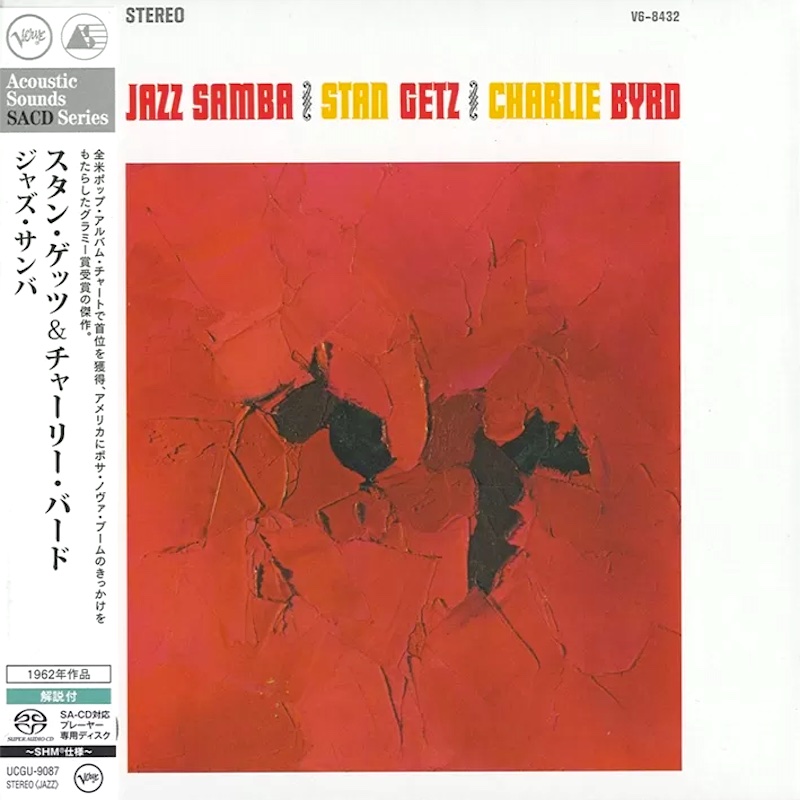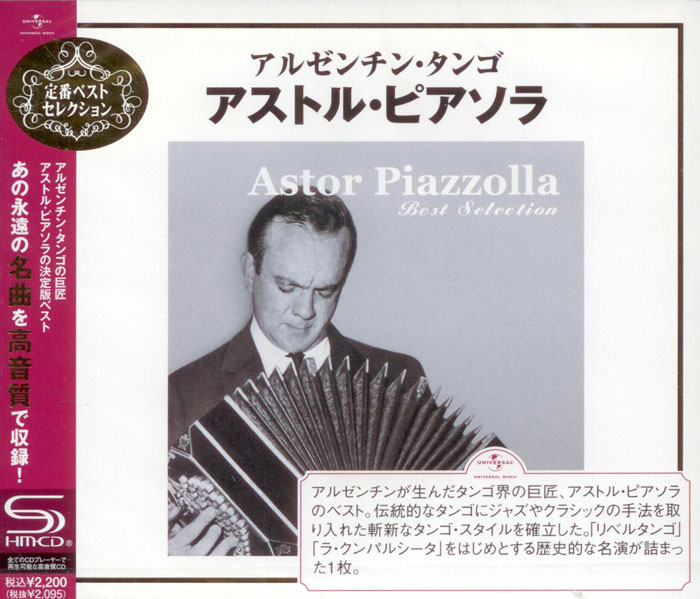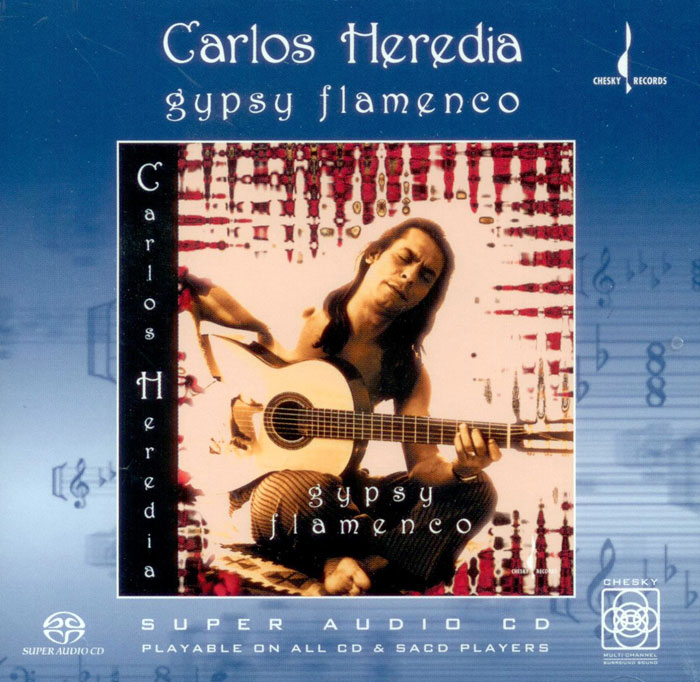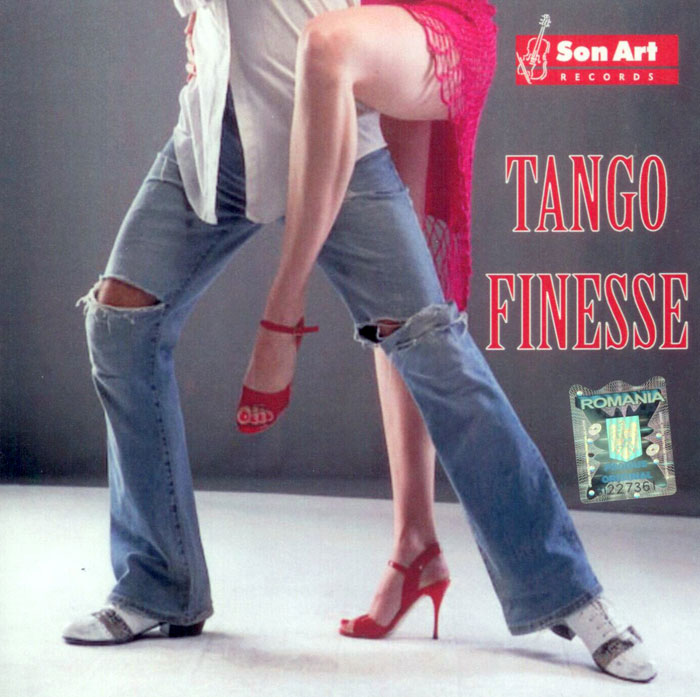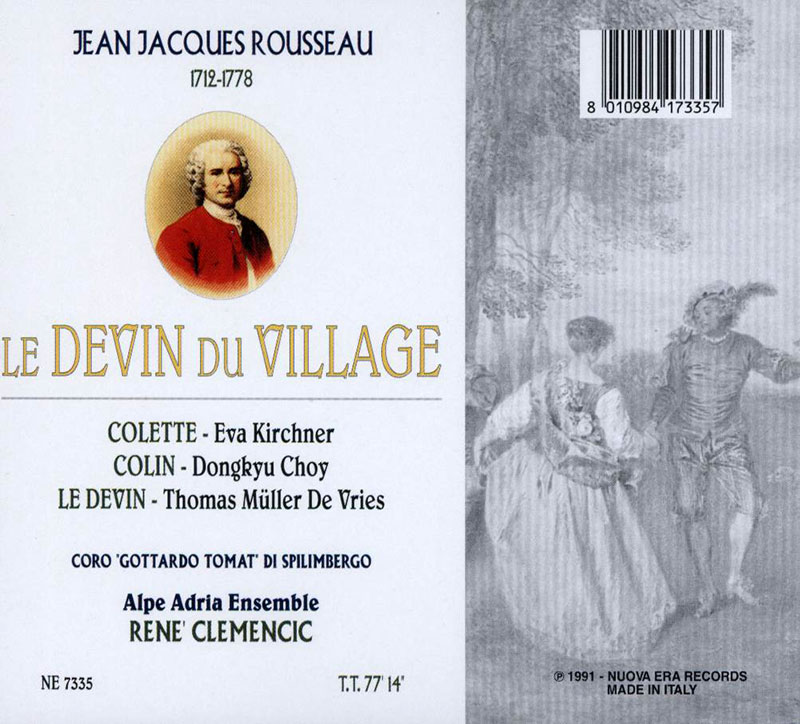Logowanie
Dziś nikt już tak genialnie nie jazzuje!
Bobby Hutcherson, Joe Sample
San Francisco
SHM-CD/SACD - NOWY FORMAT - DŻWIĘK TAK CZYSTY, JAK Z CZASU WIELKIEGO WYBUCHU!
Wayne Shorter, Freddie Hubbard, Herbie Hancock, Ron Carter, Elvin Jones
Speak no evil
UHQCD - dotknij Oryginału - MQA (Master Quality Authenticated)
Karnawał czas zacząć!
Music of Love - Hi-Fi Latin Rhythms
Samba : Music of Celebration
AUDIOPHILE 24BIT RECORDING AND MASTERING
CHOPIN, LISZT, DEBUSSY, DVORAK, Gerhard Oppitz
Dances romantiques - A fantastic Notturno
Wzorcowa jakość audiofilska z Clearaudio
Winylowy niezbędnik
ClearAudio
Double Matrix Professional - Sonic
najbardziej inteligentna i skuteczna pralka do płyt winylowych wszelkiego typu - całkowicie automatyczna
ROUSSEAU, Eva Kirchner, Alpe Adria Ensemble, Rene Clemencic
Le Devin du Village
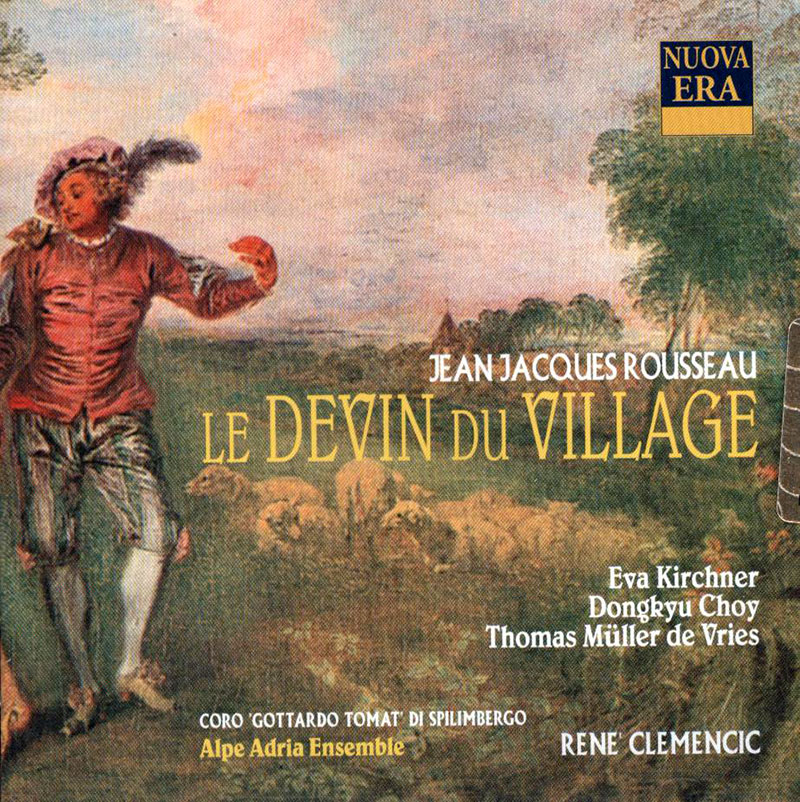
- Eva Kirchner - soprano
- Alpe Adria Ensemble - orchestra
- Rene Clemencic - conductor
- ROUSSEAU
ROUSSEAU Le devin du village • René Clemencic, cond; Eva Kirchner ( Colette ); Dongkyu Choy ( Colin ); Thomas Müller de Vries ( Le Devin ); Gottardo Tomat Ch; Alpe Adria Ens • NUOVA ERA 231120 (77:14 Text, no Translation) Live: Cividale del Friuli 7/1991 There were lots of theatrical Rousseaus in Read more Le devin du village (1752) is often seen as one of the first opéras comique , though the composed recitatives actually make it an opera. Exactly how much of it was Rousseau’s own invention and how much pastiche is still an open question. Its strong point was its simplicity and apparent lack of affectation. In its day, some of its harmonies, especially in Colin’s romance, “Dans ma cabane obscure,” were also seen as radical or, in our terms, as leaning toward the coming Romantic movement in music. How much this is deliberate or simply chance is unknown. In any event, don’t expect a shattering musicological moment. The simplicity that is the hallmark of Le devin du village was due to more than its theatrical function as an intermède between acts of a larger, serious opera. A sojourn in Italy in the 1740s had shown Rousseau the delights of opera buffa , which fit into his new ideas of what music ought to be, of which simplicity, even naiveté in all its parts was an important hallmark. The story is quickly told. In the first of eight scenes, Colette is counting her money to give to the fortune-teller to tell her about Colin. He says that Colin has left her to woo a wealthy local lady, but that he still loves her. She is unhappy. When we meet Colin, he has already decided that he really loves Colette, and the fortune-teller tells him that, as a young and attractive woman, she is already looking at a wealthy local man. He is unhappy. The fortune-teller seems set to make some money. You can guess the rest. The success of his little opera assured imitation and parody, and this came the following year in Les amours de Bastien et Bastienne by Charles-Simon and Marie Favart, the German imitation of which became the basis for Mozart’s second (or third) opera, Bastien und Bastienne (1768). This 1991 production includes all the dances that feature prominently in all French opera of the time. The orchestra plays sweetly and Clemencic leads a graceful production. The considerable drawback to it, however, is the singing. Kirchner is fine as Colette, but Choy is, frankly, painful to listen to, both as to pitch and vocal quality, and both men share a strange idea of what French sounds like. There is a recent recording under Andreas Reize on cpo, which I have not heard, and there is one on EMI Classics as a companion to a recording of Grétry’s Richard Cœur de Lion . In 26:5, James Camner liked the Grétry and, as Le devin had Nicolai Gedda, thought that it was a good idea, too. I agree entirely with Camner: though the performance of Le devin is more full-blooded than we are often vouchsafed these days, Louis de Froment leads Gedda, Janine Micheau, and Michel Roux in an exuberant show that transcends its well-digitized 1956 mono and may make Rousseau sound more interesting than he was. FANFARE: Alan Swanson














